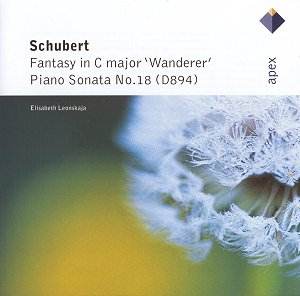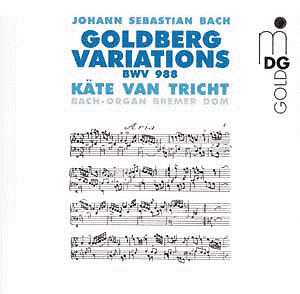 Composer: Franz Schubert
Composer: Franz Schubert
Works: Fantasy in C, D760, ‘Wanderer’; Piano Sonata No. 18 in G, D894
Performers: Elisabeth Leonskaja (piano)
Recording: Recorded in Teldec Studio, Berlin in November 1988. [DDD]
Label: Warner Apex 0927 40831-2
Franz Schubert, a pivotal figure in the transition from the Classical to the Romantic era, intricately wove the strands of lyrical beauty and introspective depth into his piano compositions. The ‘Wanderer’ Fantasy and the G major Sonata, D894, stand as testaments to his genius, encapsulating a profound emotional spectrum that challenges interpreters to navigate the delicate balance between expressive fervor and structural integrity. Elisabeth Leonskaja’s performance, a reissue from 1988, offers an opportunity to revisit these masterpieces, though it elicits a mixed response regarding its interpretative depth.
Leonskaja’s approach to the ‘Wanderer’ Fantasy displays a commendable sensitivity to the score’s inherent contrasts. Her chording exhibits careful weighting, and she adeptly delineates voice-leading, particularly in the opening Allegro. However, her interpretation often veers towards the literal, lacking the ethereal quality that Schubert imbues within his music. The transition to the Adagio, a moment ripe for introspection, feels underwhelming; the opening chords fail to convey the emotional gravitas expected in this pivotal moment. There is a tendency to linger too long in the contrasting sections of the Presto, which detracts from the overall flow, and the Finale, while executed with precision, does not transcend the level of mere technical accomplishment.
The G major Sonata, D894, presents further challenges that reveal the limitations of Leonskaja’s interpretative choices. The first movement, marked ‘Molto moderato e cantabile,’ stretches over twenty minutes, and here the performance risks stagnation due to insufficient tonal variety. The tranquil atmosphere that Schubert demands remains elusive, as Leonskaja’s phrasing occasionally lacks the necessary breadth to sustain interest. While she occasionally captures the essence of Schubertian simplicity, particularly in the characterful finale, the overall experience remains grounded in adequacy rather than inspiration.
The recording itself, engineered by Eberhard Sengpiel, leans towards a harsh sonic quality that does not serve the piano’s naturally warm timbre. This is particularly noticeable when compared to other recordings of these works, such as Maurizio Pollini’s interpretations, which, despite their own brittle atmosphere, reveal a more profound understanding of Schubert’s nuances. The engineering choices here detract from the listening experience, rendering the piano sound somewhat uninviting.
Elisabeth Leonskaja’s performance of Schubert’s piano works, while technically sound, often lacks the interpretative insight necessary to unlock the deeper emotional landscapes of these compositions. Despite the careful execution and occasional moments of beauty, the overall presentation does not rise above the ordinary, making it difficult to recommend even at a budget price. The recording, while capturing the essence of the performance, fails to elevate the listening experience, leaving one yearning for a more compelling interpretation that truly reflects Schubert’s enduring artistry.



